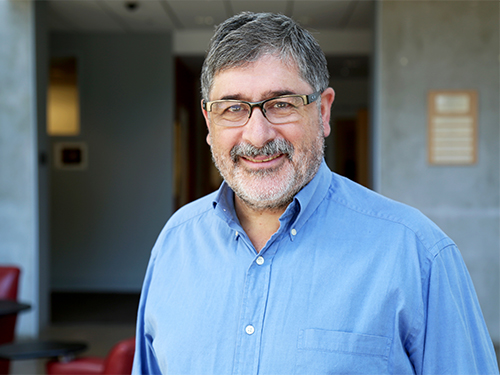Professor Joel Cutcher-Gershenfeld is now serving as a member of the National Academies of Sciences, Engineering, and Medicine (NASEM) Gulf Data Analytics and Impact Planning Committee. This committee is part of the $500 million settlement following the 2010 Deepwater Horizon Gulf oil spill, which is administered by the NASEM.
Cutcher-Gershenfeld will join the team tasked with advising the National Academies' Gulf Research Program as they establish a board and develop a program to oversee data infrastructure over the next two decades.
"I am honored to be contributing to the recovery from the Gulf oil spill, which is important for the environment across the Gulf region, workplace safety on off-shore oil platforms, and the economy – both in this region and in disaster zones more broadly,” he says.
“The data infrastructure we will enable represents a multi-decade investment in research and community self-determination that can be a model for disaster recovery around the world."
This effort builds on Cutcher-Gershenfeld’s current work on the National Science Foundation (NSF) "Missing Millions" project, which focuses on democratizing computation and data to bridge digital divides and increase access to science for underrepresented communities.
"When it comes to research data, the expression ‘nothing about us without us’ takes on special meaning,” he says. “Historically, research data and computing has been primarily the purview of research-intensive universities, such as Brandeis.”
“The Missing Millions report to the NSF demonstrates how the millions of students at historically black colleges and universities, tribal colleges and universities, Hispanic-serving institutions and other minority-serving institutions, as well as local communities, can have agency and impact when it comes to data and computing on matters of central importance to them."
Cutcher-Gershenfeld’s NASEM committee appointment also builds on his longstanding research on the sharing and reuse of research data in science and engineering, as well as his expertise in using multi-stakeholder consortia to advance open science. The Stakeholder Alignment Collaborative, which he co-leads, will release new findings on these consortia in a forthcoming 2022 article in the Stanford Social Innovation Review.

